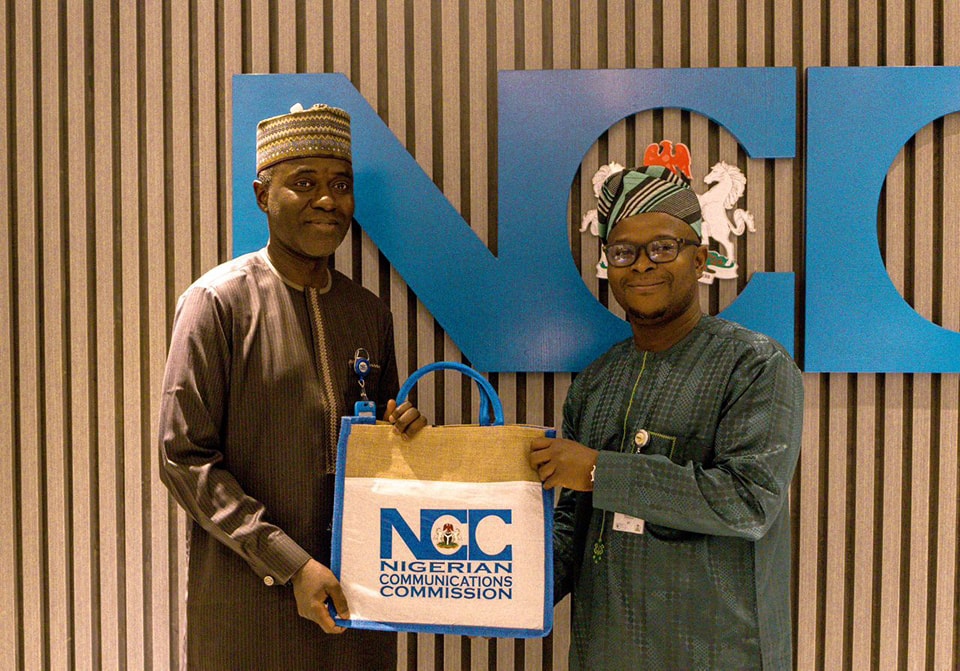In 1999, CNN published an article with the headline: “Is the internet maturing?” The author referred to the first airline tickets being sold online and said the internet was ‘going ordinary’ – in other words, no longer the playground of the tech-savvy, but more ubiquitous in the average Joe’s life.
Cloud, say experts, is going ordinary too. “Cloud, just like the internet back in the day, is revolutionising the way people think about their infrastructure,” says Andrew Cruise, Managing Director of Routed, a local VMware Cloud Verified and VMware Principal Partner. “The conversation really started changing during the pandemic. Before, people had a bad understanding of cloud – they’d only ever heard of cloud hyperscalers like Google and Azure and thought it was only meant for developers. Now, businesses are starting to see and understand that there are different types of cloud, each with its own ideal use case. They’re becoming more mature in their outlook.”
Hyperscalers are suited to application redesigns, he adds, whereas local providers like Routed tend to focus on enterprises wanting to get rid of the weight of hardware around their necks. “Server rooms and data centres are a huge cost and require specialist skills to maintain – skills that are in very short supply. Cloud slashes those costs in the long term and comes with expert support. It’s also more secure than your own infrastructure and, while the cloud won’t stop ransomware, it will make data easier to recover. The right type of cloud solves those fundamental business issues.”
Lee Syse, Lead Cloud Solutions Architect for the Cloud Providers business at VMware Sub-Saharan Africa, agrees. “Cloud used to be this buzzword, and when people talked about it, they were referring to the shiny native services in which hyperscalers specialise. These native services work great for new application development but are extremely difficult to refactor applications into. Over the past couple of years, we’ve seen interesting shifts. Large enterprises and telcos have started asking for cloud business solutions even if they aren’t fully moving over to the cloud yet. They want the cloud experience and the benefits in their own data centres – such as software procured on consumption models or having the complete platform delivered as a service. They’re looking to local providers and want fit-for-purpose solutions. Cloud conversations became more mature because people now better understand how it can benefit their specific business.”
In some ways, however, South Africa is still lagging behind other markets, says Cruise. “The local market is behind the curve in terms of cloud penetration, but it’s useful to distinguish between different kinds of workloads here. The market for workloads born in the cloud, such as websites and mobile applications, is growing quite well organically. But enterprise apps, such as line-of-business applications that are accessed internally, are typically still being run on-premise. One big reason for this is internet penetration. For cloud to be used to its fullest extent, you need ubiquitous fast, reliable and affordable internet – something that has been lacking in this country.”
People’s desire for cloud and the reality they’re facing are different things, adds Syse. “The shift to cloud must be well timed. Some things in data centres are simply not cloud-ready yet. Other considerations include hardware lifecycles, security processes, and the fact that some technologies are not straightforward to move. Other times it’s a lack of skill. So, until those issues are ironed out, businesses are looking for some cloud benefits to start ticking those boxes as they get their heads around a more comprehensive move.”
In some cases, businesses are also realising that some workloads will never be suited to cloud, adds Cruise. “This could include workloads that need to be kept on-premises for compliance reasons. But, importantly, the market is starting to make those distinctions and taking steps towards more hosted solutions where it makes sense.”
A fantastic sign of market maturity is that businesses are realising the importance of using local providers, says Syse. “South Africa might be behind the curve in terms of uptake, but certainly not when it comes to expertise. Businesses are starting to see this – and the fact that local knowledge is crucial when it comes to laws, compliance, and understanding of the local landscape.
“Interestingly, every time a new hyperscaler launches in the country, we see local cloud providers’ businesses growing. They welcome the international competition because it’s contributing to a more mature market,” notes Cruise.
















